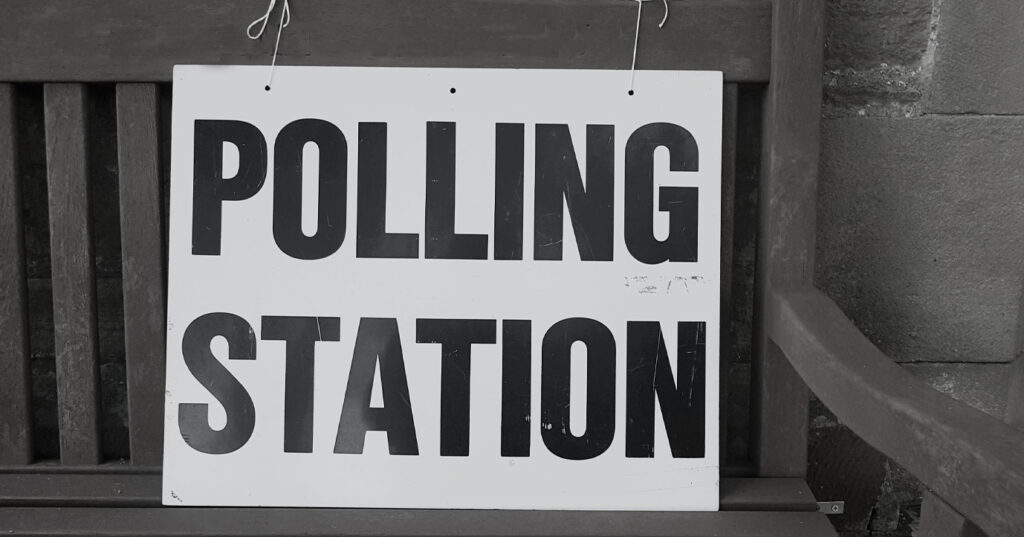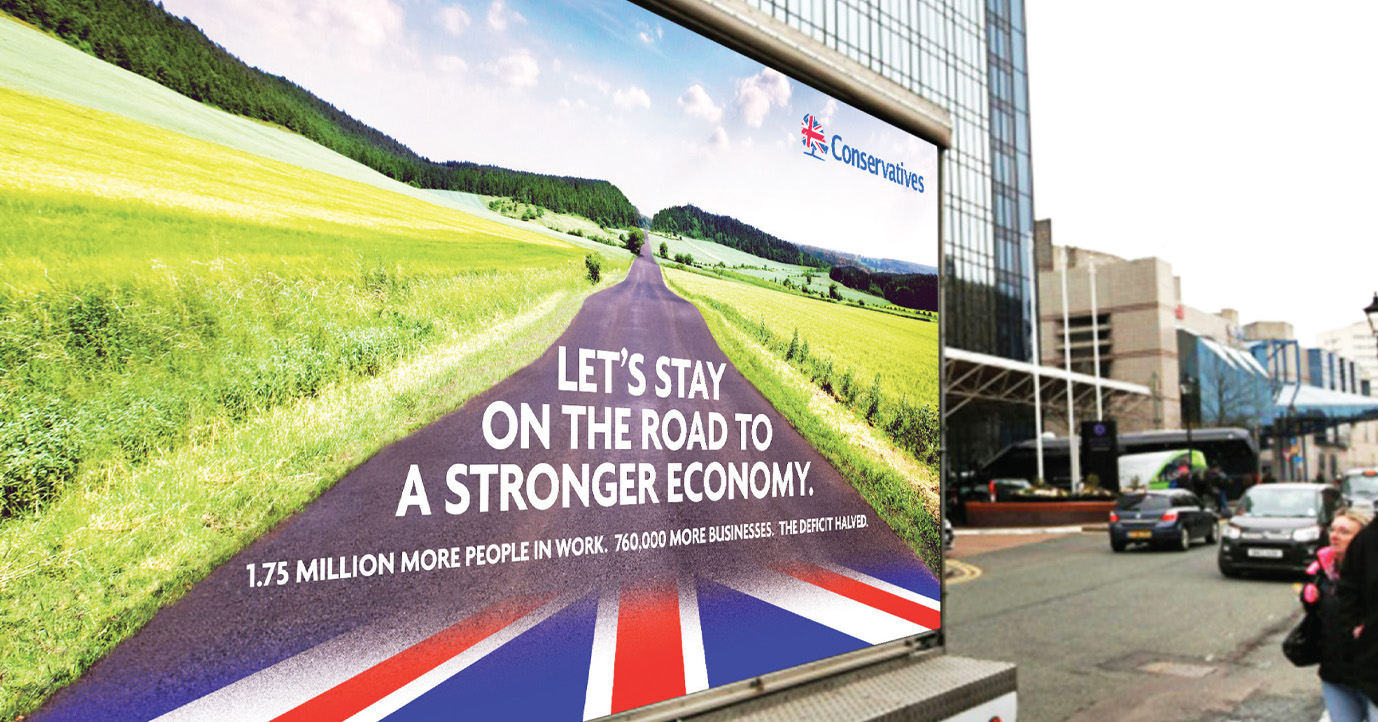
Well that could have been worse. A lot better too, certainly, but let’s keep things in perspective. The UKIP performance is by far the most striking feature of the local election results, and I will come to that, but there are other things to observe.
First, there is nothing remarkable about a governing party losing ground (though there is also no guarantee that it will be regained in time). The overall result, if not the precise losses, could have been predicted the day after the 2010 election. There is plenty of bad news but it is worth noting that holding onto Staffordshire, one of four counties we gained from Labour at the height of Gordon Brown’s unpopularity four years ago, was a real achievement.
Second, there is only so much these elections – or any elections that are not general elections – can tell us about what will happen when people come to choose a Westminster government and a Prime Minister. The YouGov poll completed on Wednesday found people expressing different voting intentions when asked about the local and general elections; the biggest difference between the two contests was in the share recorded for the Conservatives. The same was true in Eastleigh, where my poll on by-election day found large numbers of people saying they would vote differently, or consider doing so, at the next general election. Since councils set taxes and provide real services that people use, local elections do not matter as little to people as do some others, notably elections to the European Parliament (the next of which nearly everyone now expects UKIP to win). Even so, for many people they still present a chance to register their unhappiness with the way things are going – an opportunity which many have taken.
Third, to the extent that local elections give an indication of direction and momentum, they must be at least as troubling for Ed Miliband as they are for David Cameron. Of the four counties Labour lost to the Conservatives in 2009, they won back only two – Derbyshire and Nottinghamshire (and the latter by the smallest possible margin). The failure to regain Lancashire is a real setback for the party. They have only six of the 59 seats on the county council in Kent (albeit three times as many as they had on Wednesday), where they will be hoping to gain MPs in two years.
The projected national equivalent vote share for these elections – Labour 29%, Conservative 25%, UKIP 23%, Lib Dems 14% – is pretty mortifying for all three established parties. But as well as the 2009 elections, the last time these counties were contested, it is worth looking at 2008 when we were, as today, two years from a general election. On that day the Tories won a projected national vote share of 43%, trouncing Labour by 19 points. Even that did not translate into a convincing victory in 2010. These results show the softness of Labour’s national poll lead.
But there is no getting away from the UKIP result. Nigel Farage has captured a mood, and he has done so adeptly and with panache. Theories will abound as to how the Tories should respond. As I know from my own research – and surely this is confirmed by the size of their vote in elections to authorities that set the council tax and light the streets – UKIP support is only tangentially related to the question of EU membership. Though immigration is a bigger concern, UKIP’s appeal is only partly to do with policy at all. The party’s voters are not clowns or fruitcakes, but neither are they voting for a manifesto.
Nobody believes UKIP is a party of government. In elections like these, that matters not at all. Indeed for those wishing to show their discontent with politics, and with the general state of things, it is a positive advantage (and one that used to work for the Liberal Democrats). By the same token, in a general election the same factor ought to work against them.
Whether it will or not is up to us. In 2015 we will not be competing with UKIP for votes among those who are trying to choose the best government for Britain. Among those attracted to UKIP, a Conservative government is a more popular outcome than any of the alternatives. Our task is to convince them – as well as the former Labour and Lib Dem voters we also need for a majority – that whether or not they get one actually matters.


